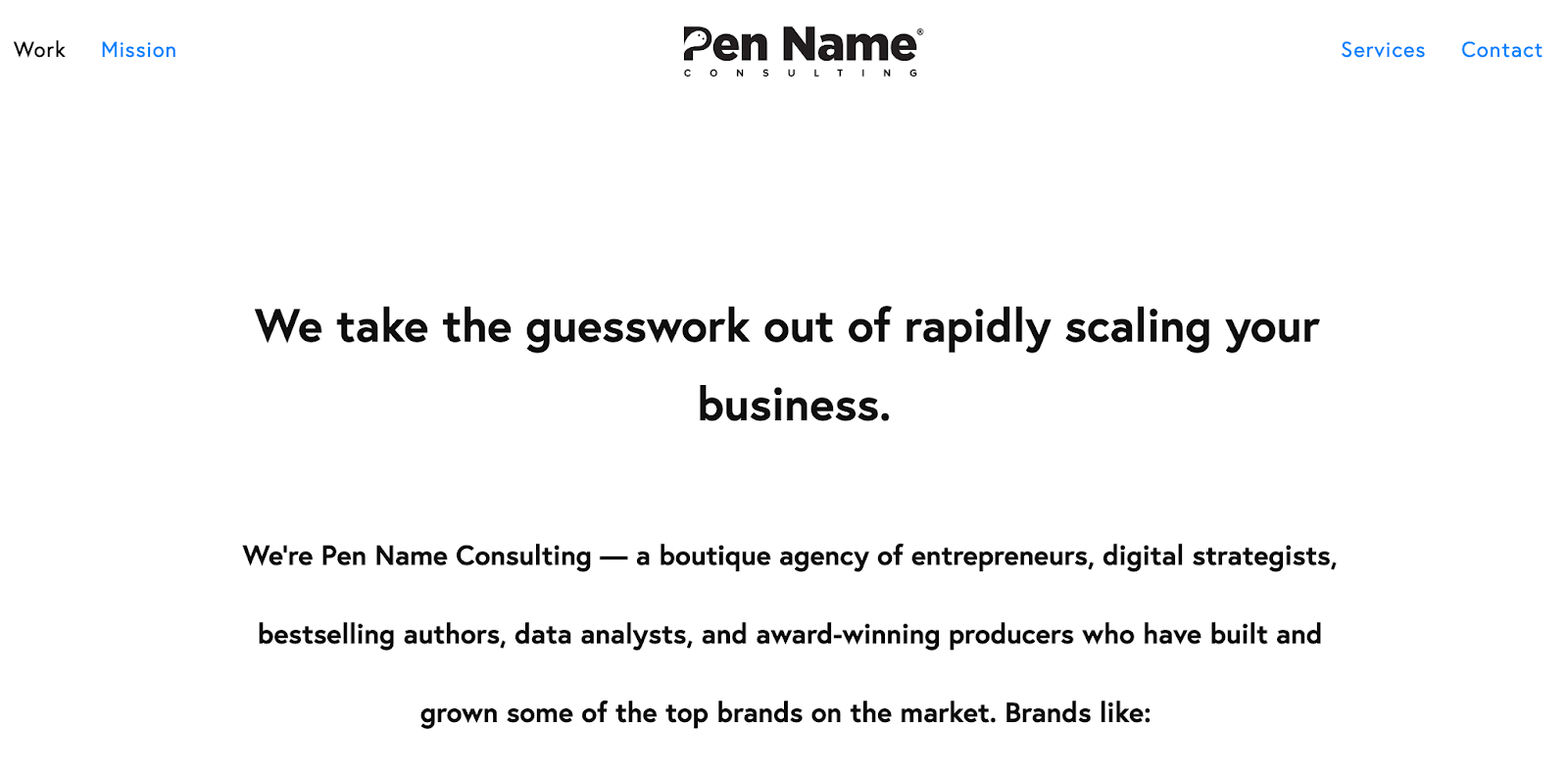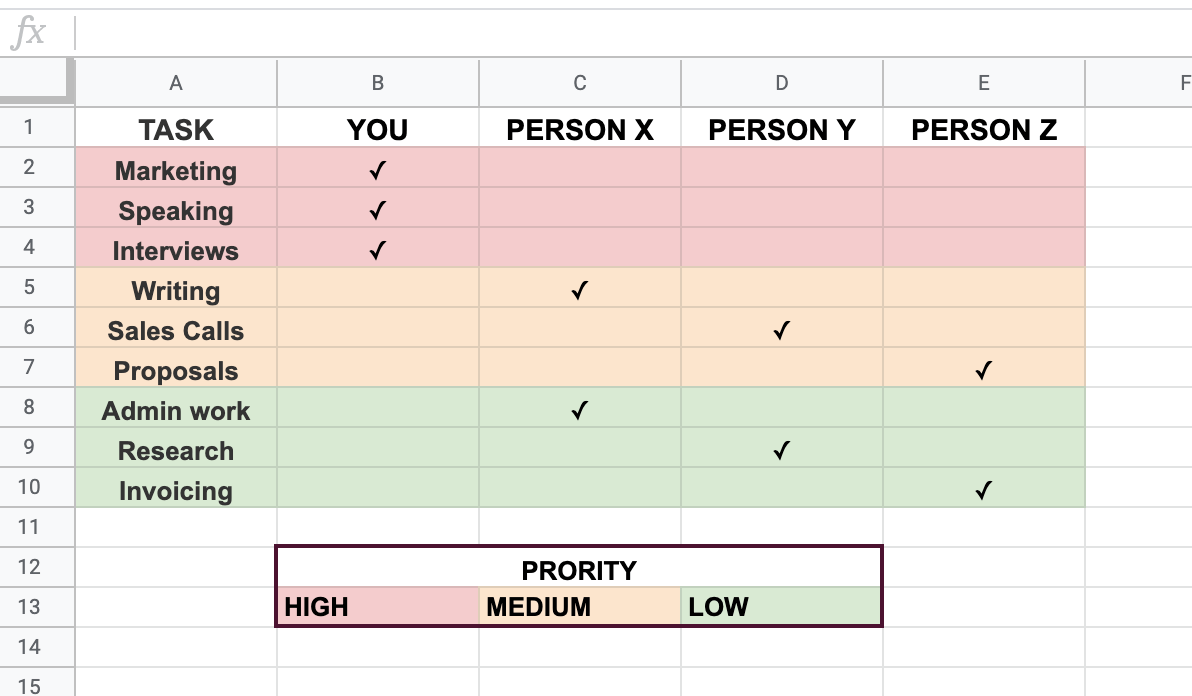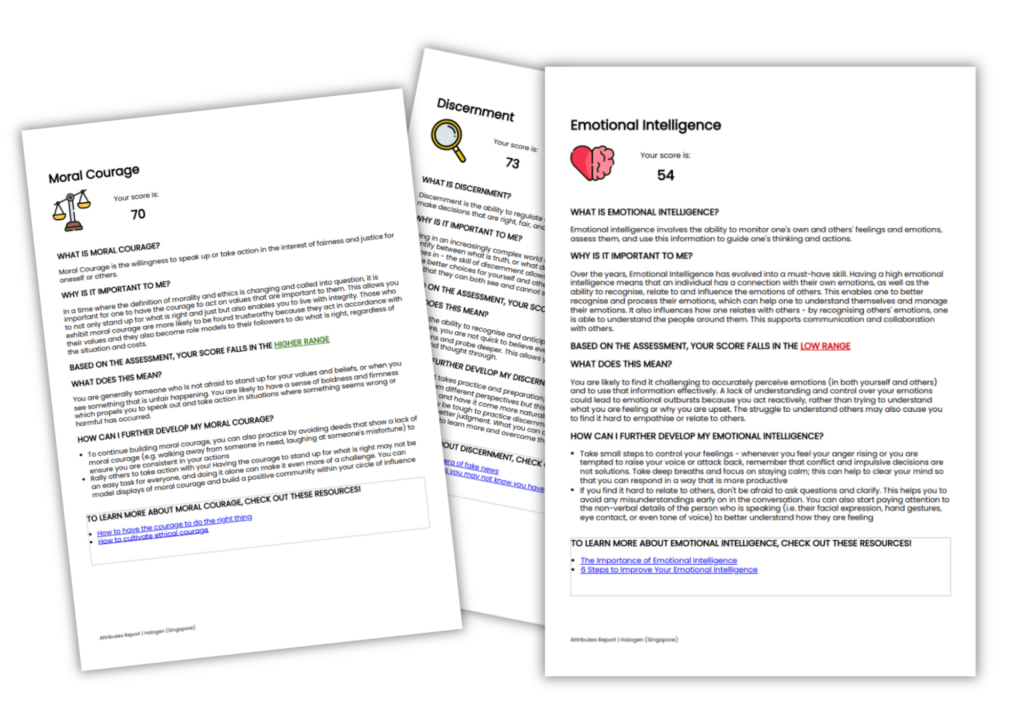You’ve established a well known brand in your industry—and now, you’ve got a consistent stream of projects.
But there’s one problem: You don’t have the bandwidth to take it up.
You’ve maxed out your working hours and now, you are starting to feel like you’re hitting a wall (or maybe you’ve already smacked right into it!).
If this sounds like you, it’s time to scale your consulting business. After all, there’s only so much you can do by yourself.
But how do you start? Well, there’s no magic pill that will shoot you to the top, but applying the right tactics, strategies and fabricating a mindset of a million-dollar consultant (and then some more) is what it’ll take.
In this article, I’ll break down what it takes to scale your consulting business, consulting biz models, and even share a simple exercise that’ll be helpful prior to scaling your consulting business.
In this article, we’ll discuss the following points:
- Three different models for scaling consulting businesses
- How to scale consulting businesses the right way
- Exercise: Where to start before jumping into scaling?
So let’s get started.
Three different models for scaling consulting businesses
The constant flow of new trends and dynamic strategies on how to scale your business can make the process seem challenging and time-consuming.
The model you choose to scale your business can make all the difference.
Here are three commonly used models for scaling a consulting business.
1. The consulting firm model
The traditional consulting firm model is based on two principles:
- Hiring the professionals for specific tasks
- Charging clients a fee for providing them the expert they want and need.
This highly scalable model favorable for growth aims and depends on selling many consultants in a set time frame to promote scaling.
More consultants sitting on your side of the bench results in more sales creating a steady flow of ROI for your business.
Your team of consultants are your greatest assets, so you want to set up a talented group of people with varied skills and roles to provide high-end services for your clients.
In order to achieve this; prepare, organize and build relationships ahead of setting your plans to scale in motion.
Why?
You never know when the ultimate kickoff project will come your way and the last thing you want is lacking in staff and resources.
Delivering high-quality results from the very first project you land is crucial, as it only takes one epic connection to trigger a snowball effect of high-end clients flowing your way based on good reputation.
Eventually, you will end up with a strong network of top clients and a legendary team of consultants.
What’s this look like in real life?
Pen Name Consulting firm, also known as “the ghost in the machine,” is a marketing and advertising company.
They help businesses eliminate the gap between where they are and where they want to be by specialising in systems and strategy, content production and podcasts, marketing, social media management, and optimizing digital conversions.
Despite having a relatively small number of employees (2-10 max) they were able to land some big fish such as Microsoft, Dollar Shave Club, Arnold Schwarzenegger and many more.
Adam Bornstein,founder of Pen Name Consulting says, “Today, we reject more than 90 percent of the folks who knock on our door, and that’s been the best move for our clients and our business.”
When scaling to a consulting firm, the aim shouldn’t be the number of clients you’ll work with. Instead, focus on adding significant value to each and every single client.
The Pros and Cons of The Consulting Firm Model
Pros
- Hire experts for each field of work to create an effective money-making team
- More free time as the firm runs itself once set up correctly
- The business as a whole becomes an asset with great value if wanting to sell in the future
Cons
- Overwhelming and risk of burnout
- More complicated to sell as everything relies on you
- Direct customized consultation makes money only when you work, too
2. The productized consulting model
The principles of this model are simple; create fixed-scope, flat-rate service packages and sell them via landing pages.
In other words, you package your time into an off-the-shelf product.
If you’re reading this article, you have probably already dealt with multiple clients, signed a bunch of contracts and faced some unexpected red flags.
If you’re looking to scale, learn from your mistakes and create the ultimate packages for your clients.
These packages can be anything from an online course, program, e-book or even a subscription to start off.
Furthermore, you can consider white labeling consulting, such as Dynamic Consultants Group, which is an effective practice of having an outside consulting firm to step in and consult on your behalf.

White labeling is useful when you don’t have consultants available or trained for a specific project you landed.
And if the project can potentially generate significant revenue, don’t be afraid to outsource and scale. At the end of the day, that’s the aim, right?
Pros and cons of the productized consulting model
Pros
- Income indirectly related to your invested time
- Your product is your greatest asset and once complete,it doesn’t require day-to-day involvement
- Freedom from writing marketing proposals and negotiating contracts
Cons
- Requires good targeting for greater website traffic in order to scale and make profit
- Can become repetitive and boring after a while
3. The customized consulting model
A customized consulting model is common among solo consultants. The principle of this model is based on customizing your solution to each client.
You present yourself as a subject matter expert; working very closely with your clients on custom consulting engagements.
While this provides you with all the freedom in the world, from pricing to how you customize all your services to your preferences, it also gives rise to certain challenges.
This model creates an increased pressure due to juggling multiple tasks required for your business to stay alive and stay on top of the game.
However, these can be overcome by implementing effective strategies to increase work productivity and stay focused on what’s important.
While customizing a consulting business can be tough to grow, it surely isn’t impossible.
You may be asking yourself, “Okay, I’m doing that right now, but how do I scale my customized consulting business?”.
The secret lies in your expertise.
The more you segment your market and niche down the more of a respectful and valuable specialist you become in your field.
By giving value to your time invested in what really matters and automating and outsourcing all the non-profitable necessities of running an online consulting business, you will create more time slots for yourself.
What’s this look like in real life?
Paul Thomson is an online course specialist responsible for $2MM+ in online course sales for clients in service-based online businesses.
His website is as simple as they come, yet provides all the information his ideal client needs to book a free strategy session promising to provide all the solutions for scaling a business.
His years of experience and knowledge about business and his journey going up the ladder gives clients a feeling of knowing, liking and trusting him.
What’s more, you don’t see many high school teachers launching a seven figure consulting business while traveling the world.
He is a true inspiration and a master proving that customizing and niching down can pay-off in 7-figures.
Pros and Cons of The Customized Consulting Model
Pros
- A lifestyle business that comes with a certain level of freedom
- Potential high-profit consulting that goes straight into your pocket
- Requires little to no management of a complex team, payrolls, etc.
Cons
- Risk of burnout due to overworking
- The sale process is more complex as it depends entirely on you
- Inflow of revenue is sourced entirely from your direct consultations
How to scale a consulting business the right way
Scaling a consulting business comes with a number of archetypal challenges, which can be easily overcome when your scaling follows a good system.
Building strong foundations before scaling is crucial, so each decision you make can significantly affect the overall outcome.
Just like the Harvard Business Professor Jeffrey Rayport points out, “There are decisions you can make early to mitigate risk.”
In other words, have the bench ready and avoid unnecessary mistakes that slow down scaling.
Rayport recommends following his “Six S Framework” for scaling a consulting business:
- Staff: Create a team of talented, highly motivated staff who believe in the company’s mission.
- Shared values: Create patterns, systems, templates, guides that define your brand name/mission and embed this into the shared values your team will follow to produce consistently high-quality work.
- Structure: Recruit an expert for each specific task. Categorize and prioritize all your tasks and structure them in an efficient manner to create a flow of professionalism from each end.
- Speed: Track your time using tools like Toggl, review and evaluate to improve the work efficiency of your team to grow as fast as humanly possible.
- Scope: Get clear about what you need; make a plan to find the best expert, product, or marketing strategy to streamline your workload and scale.
- Series X: Re-evaluate your costs vs. profits. Create a financing strategy that aligns with scaling your consulting business focusing on what you need to become more efficient.
Exercise: Where to start before jumping into scaling?
If you’re committed to scaling your consulting business, you need to drop the perfectionist name tag and delegate responsibilities to the lower level.
First, you need to:
- List all the tasks you do in your business
- Sort out their priority from the lowest to highest value
- Identify which tasks require your full attention in order to scale
- Delegate the low-value tasks to third-person party, a.k.a hire a professional
This visual categorizing of all the tasks allows you to see the areas someone else can complete for you, allowing you to focus on the urgent higher value and profitable tasks.
Where to outsource?
Easy, use platforms such as Fiverr, Upwork or Toptal alternatives to find the most suitable freelancer for each task.
Pursue the steps of other experts
Wholehearted consultants serious about scaling their business invest in experts to guide them.
And no wonder, there is nothing more reassuring than following expert advice. They have been there, done that and succeeded.
However, before investing into anything, make sure you are crystal clear about what you need and what you can afford to scale.
Create a strong foundation from the start by implementing authentic systems, while simultaneously building good connections within your field to be ready when the big projects start rolling.










